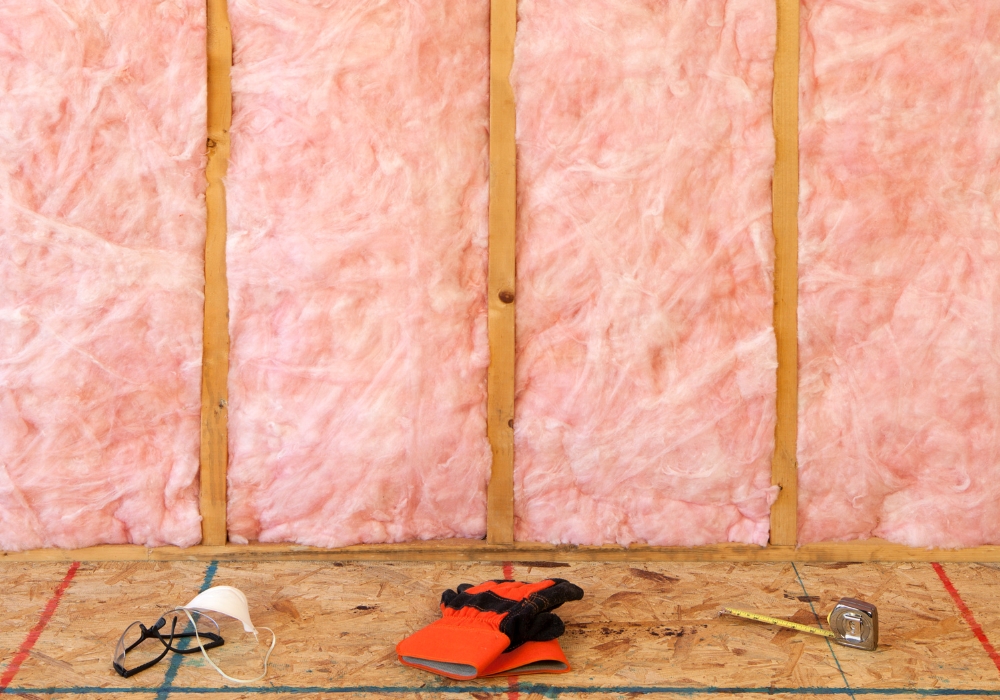6 Signs That Your Home Has an Insulation Problem
15th August 2023

You might not notice it immediately, but sooner or later the lack of proper insulation in your home will appear to you. Even though home insulation is not an issue that many homeowners consider as an emergency, it can really affect your comfort level, health and your wallet.
Without proper insulation you will have some additional moisture in your home which will create a perfect environment for mould. There are even certain species of mould that can grow as quickly as 24-48 hours if given the source of moisture and a comfort issue will quickly become a health concern.
Below are a few signs to look out for that could be signs of poor insulation in your home.
Air Leakage
Air leakage or drafts are a significant sign you have an insulation problem. It usually happens when there are visible cracks, gaps, poor ventilation or holes in the exterior. Sometimes the air leakage will be a free-flowing draft that will feel like a breeze and other times the draft will be stagnant which will appear when the areas in the same room are at different temperatures.
Condensation
When you have little or no insulation, it can create condensation problems in the walls as the material separates the wide ranges of hot and cold temperatures.
However be careful when insulating your attic as surprisingly you could also over-insulate which will stop the air coming into the attic to push any hot, humid air out of the space. This often happens due to spray foam, which is one of the most popular insulation tools. The issue is that spray foam is such a strong sealer that any moisture that gets into the wall will be trapped between the two layers and if you have cement or plywood walls, the material will remain wet and start growing mould, wood rot and bacteria.
So, if you decide to use spray foam, first do a routine inspection for any moisture intrusion.
Cold floors and walls
One of the easiest ways to see if additional insulation is needed is to walk around the house and touch various wall and floor surfaces. If you notice a significant difference in temperatures it could very well mean that there’s an insulation problem. However, keep in mind that some materials tend to keep different temperatures naturally, like ceramic tiles.
Strange odours
You might notice some distinct smells around the house which can be created by mould growth. Some say it produces a damp, musty, cigar-like smell and it’s one of the symptoms of poor insulation in your home. In some less frequent cases, spray foam insulation can be improperly mixed and thus can off-gas very heavily resulting in unpleasant odours or symptoms. In this case, the only way to fix the issue is to remove all spray foam and start again.
Stained walls
Poor insulation problems can really quickly snowball into other issues such as stained or discoloured walls caused by build-up of moisture. These are more commonly found on the northern side of the home as there is a lack of sunshine, however all walls should be inspected.
Energy bills
This is usually the first and quickest sign of poor insulation. Already high energy bills can really skyrocket with poor insulation and you will quickly end up spending the same amount of money that it would’ve taken to fix the issue itself. If you’re not sure that your bill is normal or higher than normal, try talking to your neighbours provided that their house is similar in size. A significant difference in energy bills could be a good indication that you need to invest in additional insulation and stop the air from escaping.
These are the main symptoms of poor insulation, however there are more signs that indicate an issue like presence of pests, noise transfer, allergies or even frozen pipes on those rare freezing days in winter.
If you notice one or more of these signs in your home do not hesitate to act and call an expert as soon as possible. You might be reluctant to spend the money on it immediately, but the longer you wait the deeper the issue will become and it’s best fixed as soon as possible.
If you’re unsure on how to proceed and need specialist advice – pop in to your local Expert Hardware and receive an expert service!
